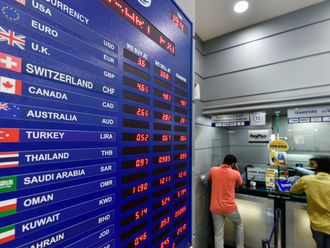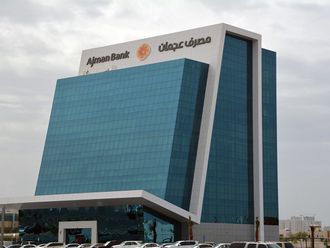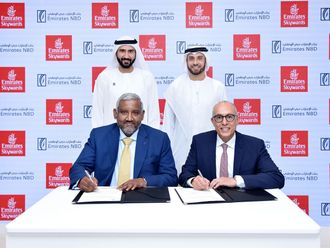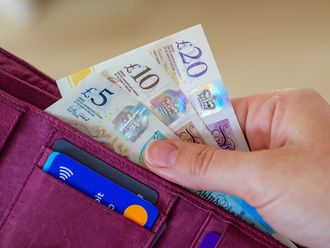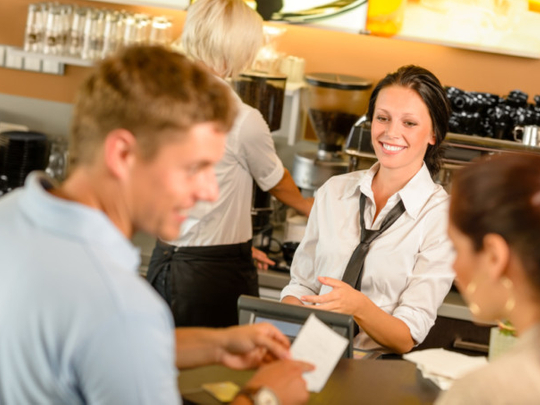
In Japan, a credit-card company has partnered with a temple so that cardholders are allowed to plant a cherry tree in sacred ground in exchange for points. In New Zealand, an airline’s frequent flyer programme (FFP) directly converts points into money, feeding them into a loyalty card that is also a prepaid card. And everywhere in the world, a hotel company allows its guests to redeem room nights at its competitors.
Loyalty programmes — such as those above by American Express, Air New Zealand and Intercontinental Hotels respectively — are seeing a lot of attention in the recovery period post the global economic downturn. And as these programmes aim at creating appealing redemption schemes, partnerships are crucial.
“Loyalty marketing is based on the principle of 80:20 — 20 per cent of your customers account for 80 per cent of your profitability,” Dion Maritz, General Manager Middle East, ICLP, a loyalty marketing and customer relationship management company, tells GN Focus. “After the global economic downturn, as a trend worldwide, companies realised the value of having a customer database, which allowed them to maintain relationships through the hard times. In addition, new companies and new verticals are now seriously considering loyalty. There is a lot of priority around having a direct relationship with customers.”
Partners and crossovers
Partnerships formed a key theme at Loyalty 2013, a global thought leadership conference organised by Global Flight, an independent management consultancy focusing on frequent flyer programmes. The event was held in Dubai earlier this year.
“When MasterCard enters into a partnership discussion we most often ensure the viability of both consumer promise as well as balance in the economic model between the parties,” Catharina Eklof, VP, Head of Global Merchant Development, MasterCard, tells GN Focus.
Major companies are increasingly jumping on the loyalty bandwagon. An example is Etihad’s PointsPay launched in September last year. Etihad Guest members simply use their smartphones or visit the PointsPay website to arrange for their Etihad Guest Miles to be transferred into cash, and loaded directly to their PointsPay Visa card before using the card either in-store or online.
Credit cards and FFPs have partnered with each other for some time now. In her current position, Eklof focuses on developing partnerships worldwide. One example is the Qantas Frequent Flyer member card, being made available to members in the third quarter of 2013. The new card, Qantas Cash, will have inbuilt prepaid functionality, which will enable members to transfer money onto the card and use it for shopping at 35 million locations where MasterCard is accepted.
While credit cards have been co-branding with airlines successfully, this has now moved to crossover verticals as well. In one recent example, Delta and Starwood announced a joint loyalty programme, Crossover Rewards, which would provide perks across brands. For the companies involved, data is a big promise.
“Information is extremely valuable; this is one of the key reasons for airlines to go into co-brand programmes. The data allows the partners to understand the customers from a holistic perspective and has a strong impact on segmentation and offerings, overall sharpening the value of the programme,” says Eklof.
Consolidation
For smaller companies, joining a larger programme or being a part of redemption with a larger company is much more cost-effective. Shan Abdul Salam, Co-Founder and Sales and Marketing Manager of Bebuzzd, says allowing small companies to join the loyalty bandwagon is proving successful for his start-up, similar in concept to Airmiles. “From a cardholder’s point of view, be it a cup of coffee from your nearest coffee shop, a haircut from your favourite salon or even a game of billiards from your downtown game centre,” he tells GN Focus, “Bebuzzd creates a customised programme for each business rather than just offering normal discounts on the card.”
Many other initiatives exist in this space. The recently launched loyalty app Snapp allows customers to rake in loyalty points by simply scanning the QR code at participating merchants. Another new programme, Solo, is a business-to-business platform that allows a company to operate a loyalty programme with its own branded cards. “This means offering their fully branded card to their customers, registering the customer profile and from this point offering instant rewards when customers visit their outlets,” Managing Director Kira Milan says. “It is easier for the company to go for a loyalty card when most of the programme is predefined.” With low entry costs — Dh500 per outlet — Milan has already contracted nine projects in six months.
The demand for such programmes is upheld with Milan boasting nine clients in six months. “We should definitely see 24 more projects in the next 12 months.”


